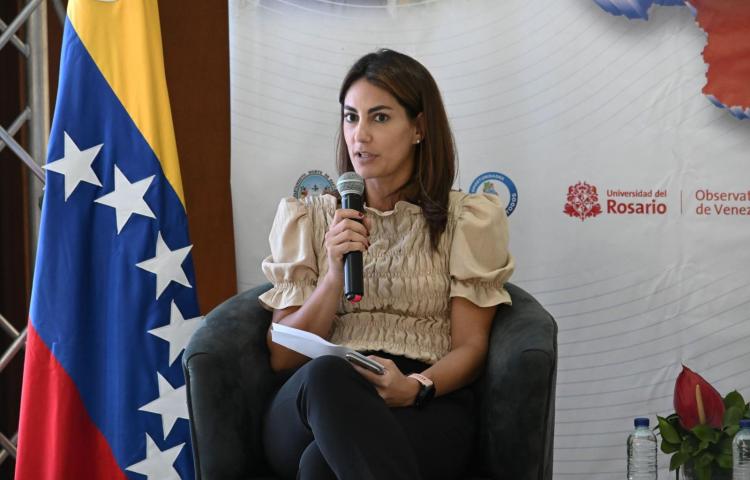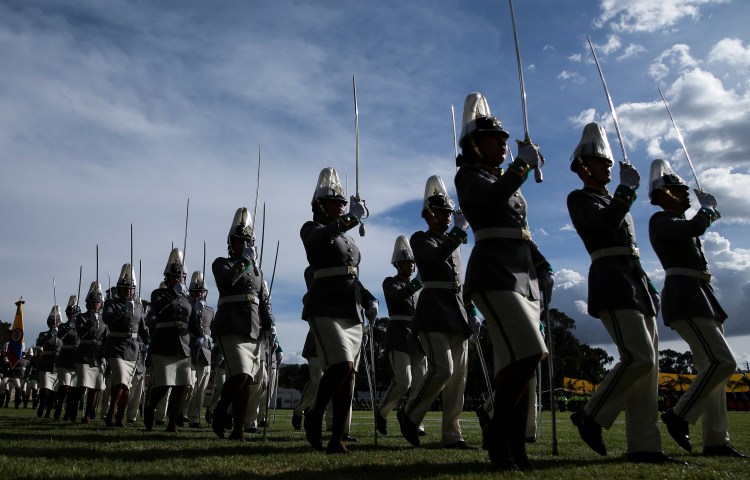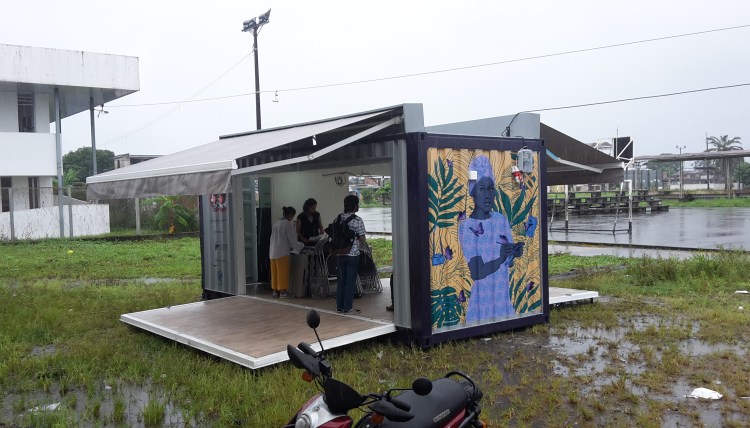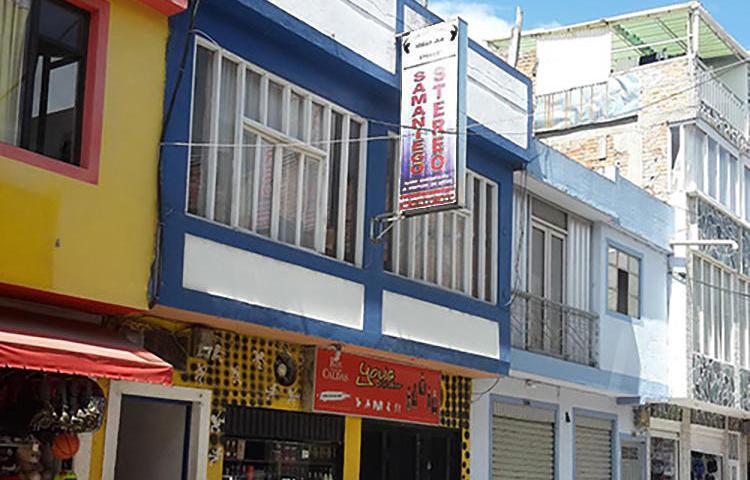
Colombian journalist Óscar Gómez Agudelo shot dead at radio station
Bogotá, January 30, 2025—Colombian authorities must swiftly complete their investigation into the killing of journalist Óscar Gómez Agudelo, who was fatally shot as he entered his office on Friday, January 24, at the community radio station Rumba del Café in the western Colombian city of Armenia, the Committee to Protect Journalists said Wednesday. “The special prosecutor appointed to investigate the killing…

Colombian journalist Mardonio Mejía Mendoza shot dead at home
Bogotá, January 29, 2024 — Colombian authorities must thoroughly investigate the killing of journalist Mardonio Mejía Mendoza, determine if he was targeted for his work, and bring those responsible to justice, the Committee to Protect Journalists said Monday. On Wednesday, January 24, a gunman shot and killed Mejía, founder and director of the independent Sonora Estero…

Colombian editor Estefanía Colmenares receives death threats after political exposé
Bogotá, September 11, 2023—Colombian authorities must thoroughly investigate a death threat against journalist Estefanía Colmenares, ensure her safety, and bring those responsible to justice, the Committee to Protect Journalists said Monday. On September 6, Colmenares, editor of the independent La Opinión newspaper in the northern city of Cúcuta, received a threat from an unidentified number…

Rafael Emiro Moreno, Colombian journalist under government protection, killed in Córdoba
Bogotá, October 19, 2022—Colombian authorities must thoroughly investigate the killing of journalist Rafael Emiro Moreno, determine if he was targeted for his work, and bring those responsible to justice, the Committee to Protect Journalists said Wednesday. About 7:10 p.m. on Sunday, October 16, in the northern town of Montelíbano, two men aboard a motorcycle fatally…

In Colombia, a shipping container on wheels brings a roving reporting workshop to news deserts
Can the key to ending news blackouts in isolated areas of Colombia come from inside a shipping container? The Bogotá-based Foundation for Press Freedom (FLIP) thinks so. In an experiment to turn community activists into reporters in regions that lack local news outlets, FLIP has converted a shipping container into a roving journalism classroom. For…

Killing of radio journalist highlights dangers for local reporters in Colombia’s border region
The otherwise Spartan studio of Samaniego Stereo is adorned by a white banner emblazoned with the image of Libardo Montenegro, a veteran reporter for the community radio station in southern Colombia who was shot dead on June 11. Under his photo are the words: “You will live in our hearts forever.”
Fabricated attacks by Colombian journalists mask real dangers
Although Colombian journalists are frequently threatened by Marxist guerrillas, criminal gangs, and corrupt politicians trying to silence them, two recent cases that created widespread concern–including alerts from CPJ–were fabricated by the very reporters who claimed to have been targeted.

Colombian radio director killed after receiving threats
New York, August 13, 2014–Colombian authorities should immediately investigate the murder of a journalist on Tuesday and apprehend the killers, the Committee to Protect Journalists said today. Luis Carlos Cervantes Solano had received threats related to his reporting since 2010, according to news reports.
One Province Illustrates Colombia’s Struggle with Impunity
The inability to solve journalist murders in Arauca feeds an atmosphere of hostility and intimidation for the media there. By John Otis Gen. Rodolfo Palomino, Colombian police chief, writes a message for a campaign supporting FARC demobilization in Tame, Arauca province, on September 18, 2013. (Reuters/Jose Miguel Gomez)
Protests in Catatumbo add to risk in Colombia
Reporting from Catatumbo, a region in northern Colombia dominated by guerrillas and drug traffickers, has always been challenging. But working conditions for journalists have seriously deteriorated amid nearly two months of anti-government protests pitting thousands of angry peasant farmers against soldiers and riot police.